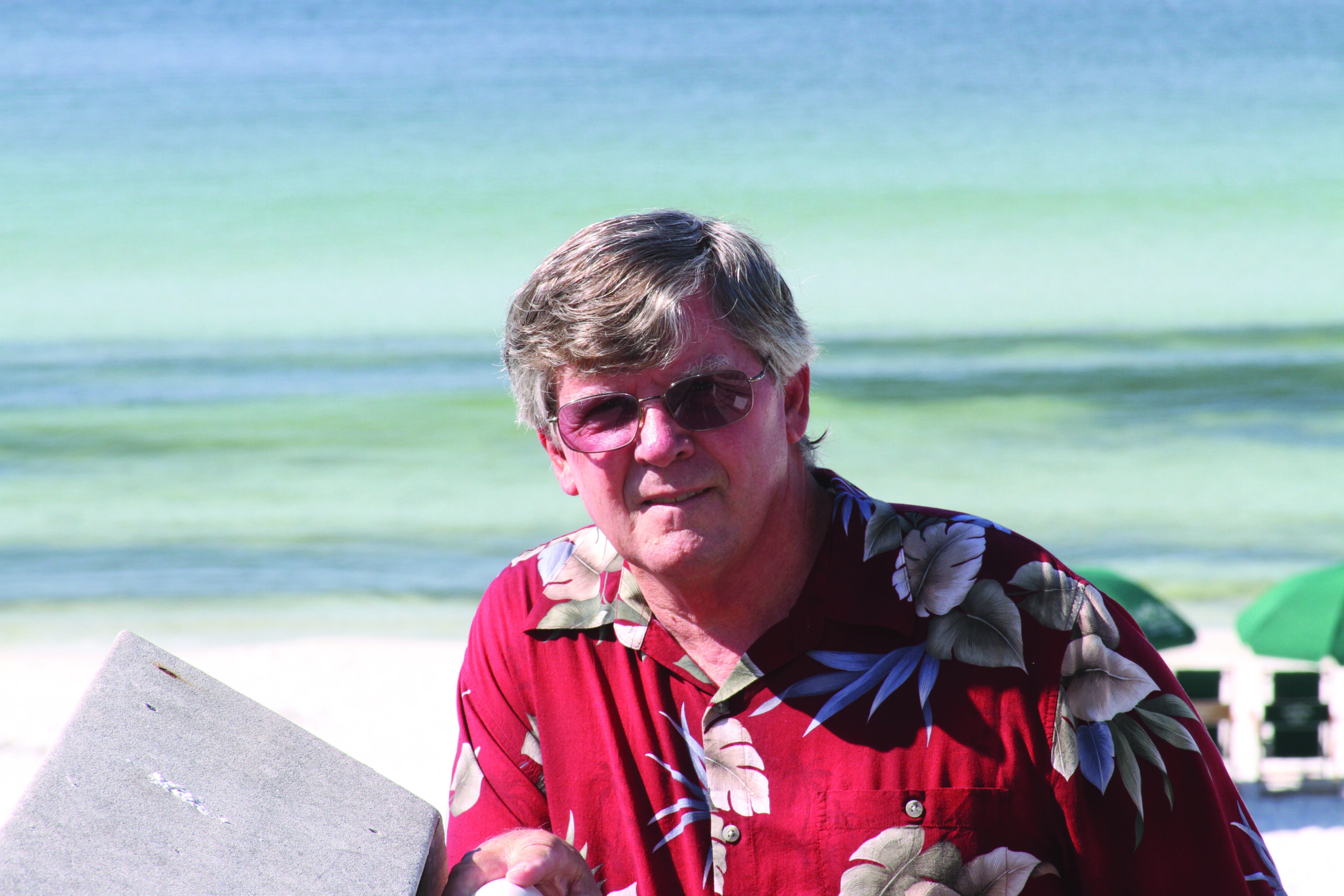“ . . . chortling over genealogy anywhere is poppycock. Yet the man who professes to care nothing about his forebears is only a little less vain than he who bases all his actions on blood precedent.”
- William Faulkner, Flags in the Dust
I am not a genealogist. However, as a historian, I have found great value in the work that genealogists do.
My father was a genealogist. When he was a boy, a class assignment had him trace his lineage back as far as he could. Pretty soon he was wandering around cemeteries copying names and dates. Later he got into census records, and over the years, he filled up boxes with what he promised me that one day would be mine.
Not content with his side of the family, he did the same for my mother’s. Mama helped him in this undertaking, which doubled the boxes I inherited.
Somewhere in the great beyond, I bet they are chortling.
During the last few months, as time allowed, I have been going through what they left and doing a little chortling of my own. For among the stuff, I am finding bits and pieces that bring back ancestors and make them more than names on a page.
Inside an ancient Ram’s Horn Mild & Sweet snuff box I found the blond curls clipped in 1890, from my great-uncle George, whose vanity filled family lore. A photograph, taken just before they brought out the scissors, shows him with shoulder length ringlets, carefully curled and coiffed. His face shows no trace of embarrassment at this.
With him in the picture is his brother Walter, his hair short and straight, his expression suggesting that he would rather be outside playing.
If they ever came to blows, I’d put my money on Uncle Walter.
Then I found a letter from Aunt Gertrude, my Grandma’s younger sister, and the serious chortling began.
I was about 10, when Aunt Gertrude came to live with Grandma. I liked her. She made tea-cakes and read me Swiss Family Robinson.
But what I remember most about Aunt Gertrude was the faint smell of whiskey that drifted out whenever she spoke.
It seems that Aunt Gertrude had a heart condition. A local doctor prescribed a tablespoon of whiskey three times a day, which he promised would make her feel better.
It was not an easy prescription to fill.
The county in which they lived was dry, so the whiskey would have to be bought from a local bootlegger. For Aunt Gertrude and Grandma, two women of unquestioned propriety, such a transaction with such a person was out of the question.
This attitude was reinforced by what they had been taught by their father, a prohibitionist Methodist minister who imprinted his opposition to alcohol on his daughters.
Then, just as the problem seemed unsolvable, I got my first glimpse into the wonderful world of religious rationalization.
Reasoning that whiskey, when prescribed by a physician, was magically transformed into medicine, Aunt Gertrude declared her intention to follow her doctor’s orders. My grandmother accepted this unorthodox transubstantiation, and moral qualms were quashed.
Now it became a matter of how to get it.
This was when my daddy came to the rescue and offered to procure the “medicine” for her.
Thus, with legal and social reservations swept aside, daddy headed for Mobile or Selma or one of those cities of sin where whiskey was sold. There he stocked up for himself and bought a fifth for Aunt Gertrude, which he proudly presented to her on his return.
Aunt Gertrude was aghast. Medicine, she told him, did not come in fifths.
The whole charade was coming apart.
But daddy was not beaten.
He found a small bottle that had once contained real medicine, filled it with whiskey, sealed it, and took it to Aunt Gertrude with his assurance that it was just what the doctor ordered.
Aunt Gertrude took daddy at his word, got out the tablespoon, and took her medicine like a big girl.
When the bottle was nearly empty, which daddy noted seemed to occur more frequently as time passed, Aunt Gertrude would get word to daddy that her prescription needed refilling.
So he would bring her another bottle and collect the empty. If she ever noticed that the bottles were often different, she never let on. The medicine was always the same and that was what mattered.
I don’t know if her heart got any stronger, but until she left us to go live with other relatives, she merrily went through her days, from tablespoon to tablespoon – just as the doctor ordered.
Remembering this, I chortled.
Harvey H. (“Hardy”) Jackson is Professor Emeritus in History at Jacksonville State University. He can be reached at hjackson@cableone.net.


